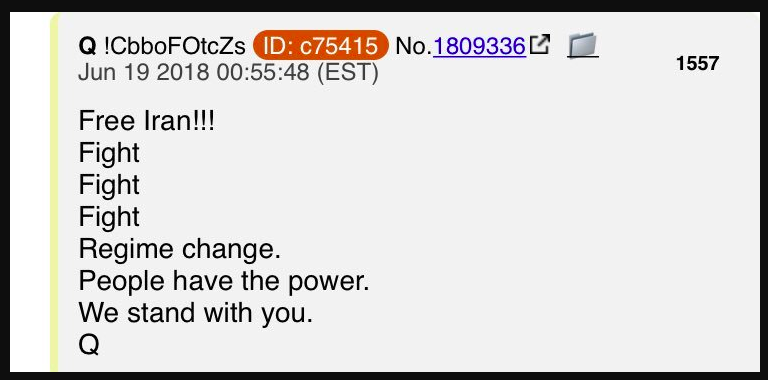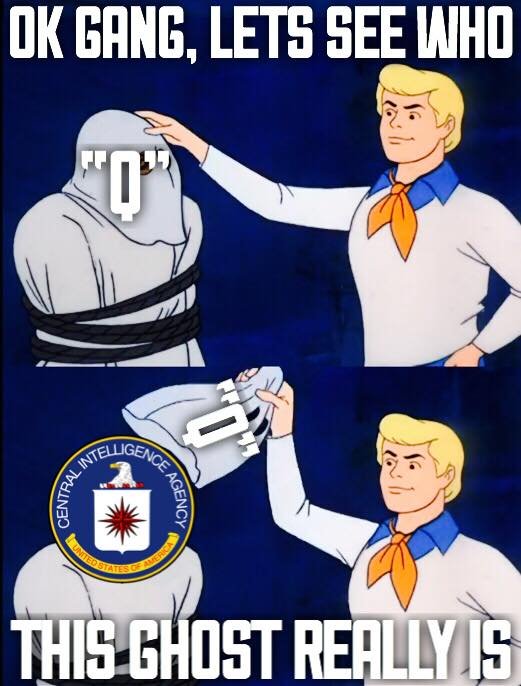The Trump administration is going to extreme lengths to disrupt as much oil from Iran as possible, and the implications for the oil market could be severe.
When the Obama administration sought to isolate Iran, it built an international coalition, put in place tight sanctions, and tried to curtail Iran’s oil exports. It worked, knocking around 1 million barrels per day offline. Still, the Obama administration granted leeway to an array of countries that depended on Iranian oil, including India, Japan and much of the EU, by granting them exemptions from sanctions as long as they did their best to reduce purchases.
The Trump administration has no compunction about making harsh demands to various countries, including U.S. allies, to cut off Iranian oil.
The U.S. government is calling on its allies to zero out imports of oil from Iran by November 4, or else face sanctions, and Washington is leaning towards granting no waivers at all. An official from the U.S. State Department said on Tuesday that it had plans to follow up on the matter with Turkey, India and China, even as the U.S. is trying not to “adversely impact” these countries, Bloomberg reports.
Late last week, Bloomberg also reported that the U.S. has sent a request to Japan to completely halt imported oil from Iran. Japan imported a little less than 180,000 bpd from Iran in 2017.
The fallout from a hard line from Washington could be significant. In the lead up to the U.S. withdrawal from the Iran nuclear deal, many analysts predicted that the Trump administration would struggle to match the impact of international sanctions on Iran from 2012 through 2015, particularly because the U.S. would have to do it without the help of the European Union, Russia or China. As such, the thinking was that the Trump administration might only be able to disrupt a few hundred thousand barrels per day of Iranian supply.
…click on the above link to read the rest of the article…













 Undersecretary of the Treasury Sigal Mandelker says that the world must “harden your financial networks,” and make sure they have “airtight” procedures in place to prevent even accidental business ties to Iran. He added that nations must make sure “
Undersecretary of the Treasury Sigal Mandelker says that the world must “harden your financial networks,” and make sure they have “airtight” procedures in place to prevent even accidental business ties to Iran. He added that nations must make sure “

